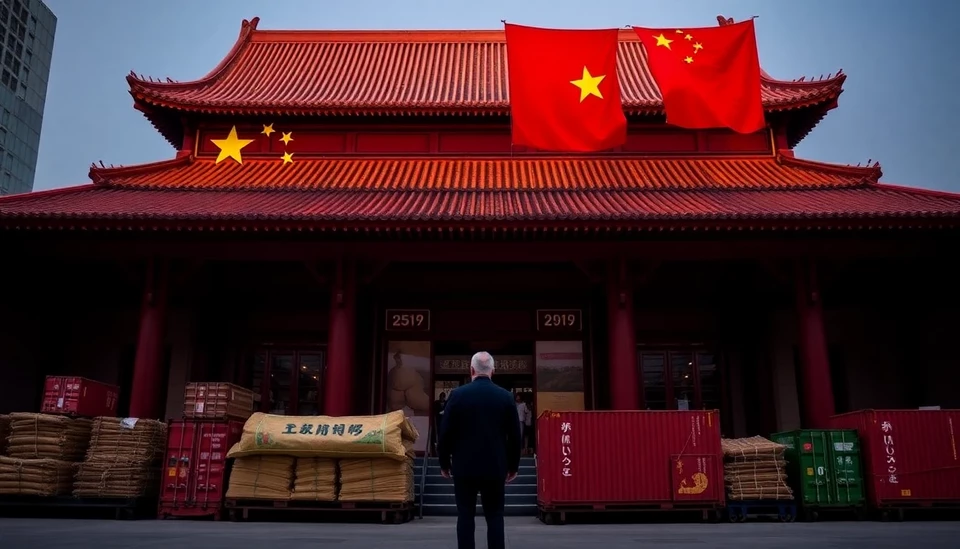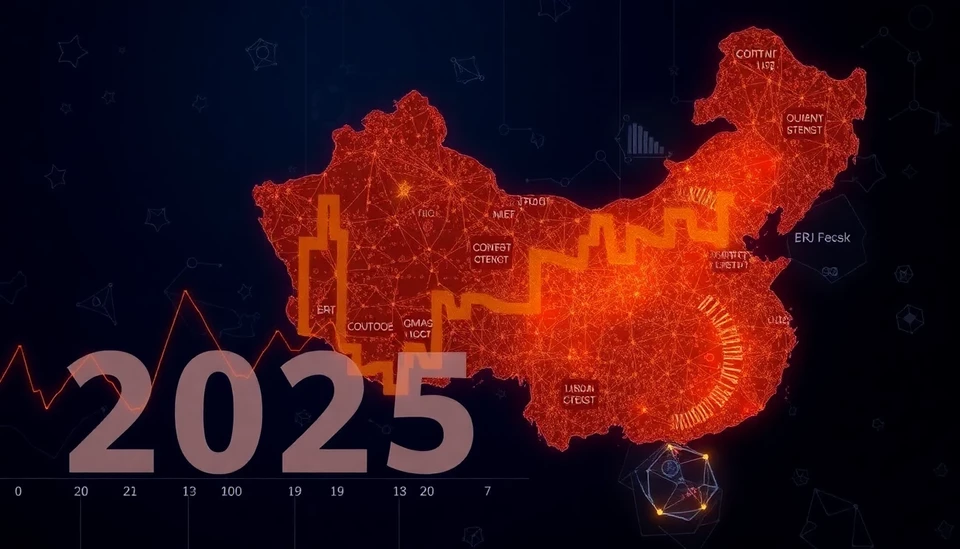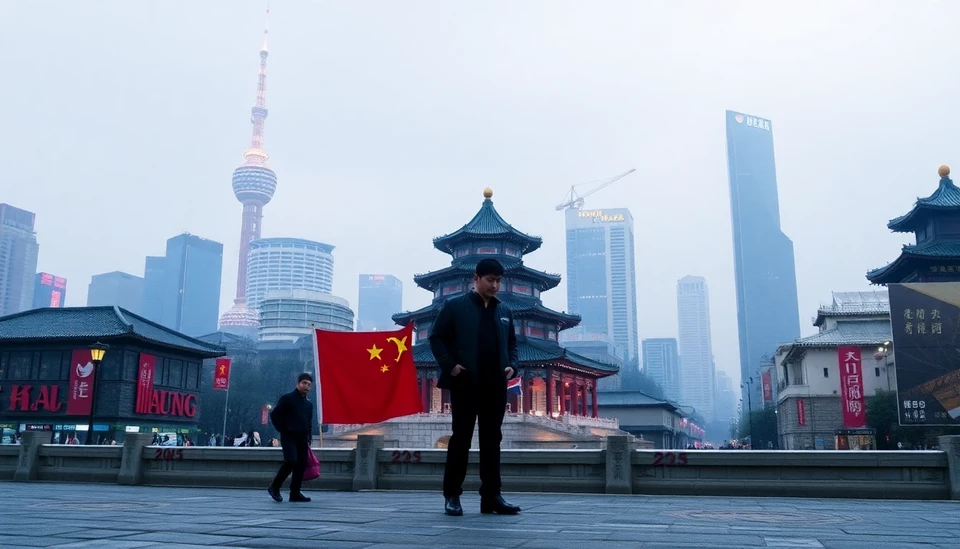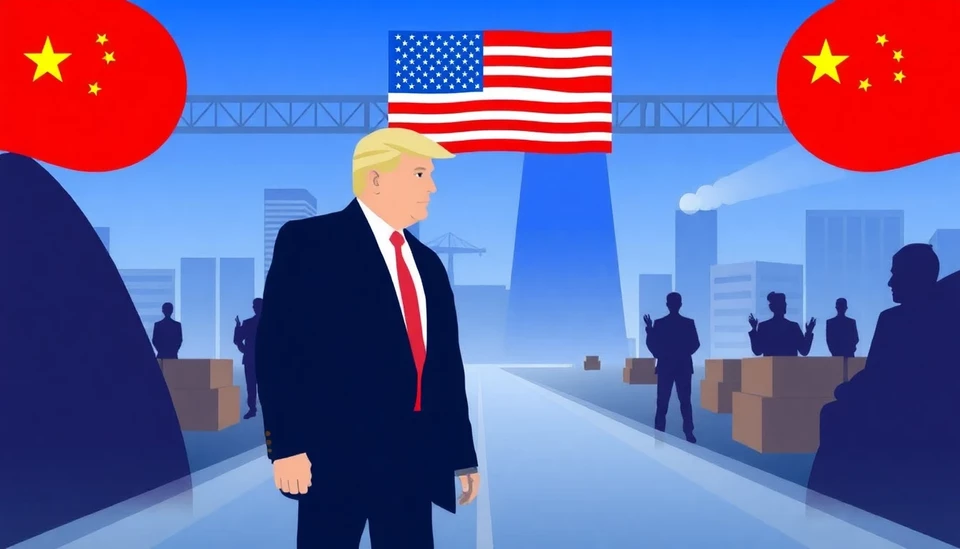
Recent data indicates that China's services sector is experiencing a notable surge, even as the broader economy faces growing pressures from international tariffs. As reported, the growth in service activities rose to levels not seen in several months, reflecting a resilient response from sectors such as retail and technology. This positive trend emerges at a time when the nation's overall economic landscape is under strain due to external trade conflicts, predominantly with the United States.
The China Services Purchasing Managers' Index (PMI) climbed to 54.3 in March, a significant increase from 51.5 in February. The figure surpasses the threshold of 50, which distinguishes between expansion and contraction. Analysts had predicted a more modest performance, emphasizing the unexpected nature of this growth. This uptick suggests that domestic demand remains robust, supporting the ongoing recovery of the services sector that has been key to the nation’s economic engine.
In addition to retail, hospitality, and technology, other service-related activities have started to flourish. Businesses have reported increases in new orders and hiring, signaling a potential turnaround as consumer sentiment improves amidst challenges. The construction industry has also been a focal point, seeing activity rise in tandem with expanding service demands, ultimately contributing to the overall boost in economic activity.
Despite these optimistic signs, economists caution against complacency. The pressures from tariffs and geopolitical tensions continue to loom large. U.S. tariffs targeting various Chinese exports remain a significant concern, and their presence puts a damper on the prospects for manufacturing recovery, which has historically been a backbone for the economy.
Moreover, inflationary pressures have started to creep in, signaling that while the service sector is thriving, other areas of the economy might be facing constraints that could affect future growth. Stakeholders remain keenly aware of the balancing act required to stimulate domestic consumption while navigating the intricacies of international trade relations.
This recent growth in the services sector not only highlights its potential as a key driver of China's economic future but also raises questions about the overall resilience of the economy in the face of stringent trade environments. As the government faces the dual challenge of stimulating growth while addressing tariff impacts, there may be further policy adjustments on the horizon aimed at supporting both consumers and businesses alike.
In summary, while China's services sector shows encouraging signs of recovery with its unexpected growth spurt, the shadow of tariffs and economic uncertainty continues to pose challenges that could influence the trajectory of the nation's economic performance in the months to come.
#ChinaEconomy #ServicesSector #TradeTensions #EconomicGrowth #PMI #RetailGrowth #GeopoliticalRisks
Author: Daniel Foster




